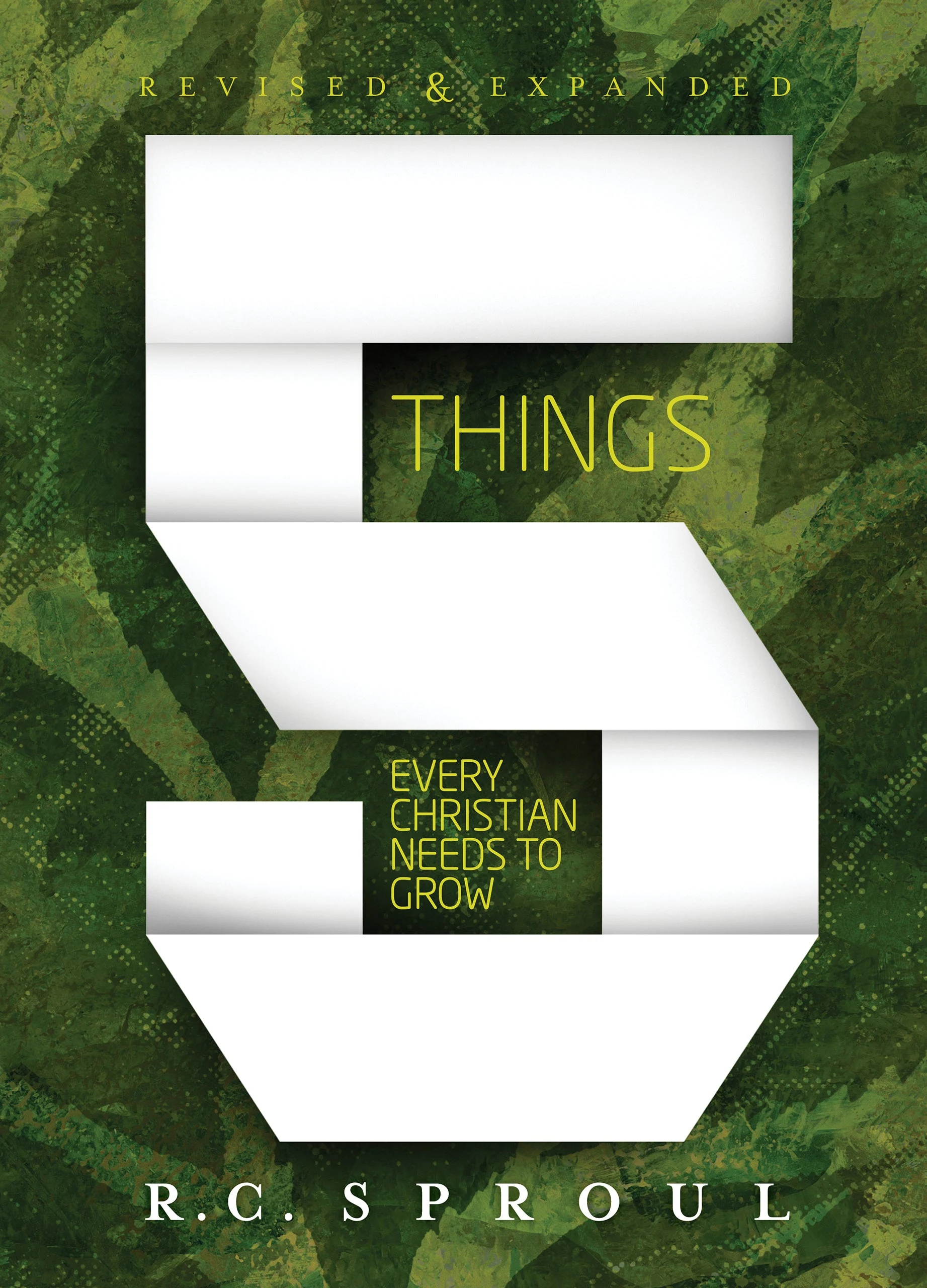Get a Basic Overview of the Bible

Virtually every Christian at some point has resolved to read the entire Bible. If we believe the Bible is the Word of God, it’s natural not to want to miss a word of it. If God delivered a letter to your mailbox, I am sure you would read it. But the Bible is a pretty big letter, and its sheer bulk is somewhat daunting, even to the person with the best of intentions. Therefore, few Christians actually keep a resolution to read through the Bible.
At seminars, I often ask for a show of hands indicating how many people have read the entire Bible. Rarely do even 50 percent of the people answer “yes.” I ask, “How many of you have read the book of Genesis?” Almost everyone raises his hand. Then I say, “Keep your hand up if you've also read Exodus.” Only a few hands are lowered. “Leviticus?” That’s when hands start dropping quickly. With Numbers it’s even worse.
Why Do Many Christians Struggle to Read the Entire Bible?
Reading Genesis is almost like reading a novel. It is mostly narrative history and biography. It tells of important events in the lives of important people such as Noah, Abraham, Jacob, and Joseph. Exodus is likewise gripping, as it tells the poignant story of Israel's enslavement in Egypt and of its liberation under the leadership of Moses. The contest with Pharaoh is exciting. But when we get to Leviticus, everything changes. It’s difficult reading about the ceremonies, the sacrifices, and the cleansing rituals because they are foreign to us today. We lack a road map to help us through these difficult portions of the Bible.
Begin with an Overview of the Bible
Here’s my recommendation: begin with an overview of the Bible. Get the basic framework first. If possible, enroll in a Ligonier Connect course online that will give you such an overview. We have also produced an audio and video series titled Dust to Glory. It gives the basic structure of the Bible from Genesis to Revelation. It does not go into details, but it covers the high points of redemptive history. In addition to this series, I collaborated with Robert Wolgemuth to produce What’s in the Bible? The goal of this book is to help the person who has never had a simple introduction to the Bible. In 1977, I published a book titled Knowing Scripture, which is designed to help people master the basic rules of biblical interpretation. I frankly think this book is one of the most important helps that I've ever been able to provide for people in studying the Bible, because it provides basic, foundational principles of biblical interpretation to keep people from falling into errors that would lead to distortions of the teaching of Scripture.
Once you understand the basic framework, you are much better equipped to read the Bible. Here is a pattern I recommend for people who have never read the Bible.
The Old Testament Overview:
- Genesis: The history of creation, the fall, and God’s covenantal dealings with the patriarchs.
- Exodus: The history of Israel’s liberation and formation as a nation.
- Joshua: The history of the military conquest of the promised land.
- Judges: Israel’s transition from a tribal federation to a monarchy.
- 1 Samuel: Israel’s emerging monarchy under Saul and David.
- 2 Samuel: David’s reign.
- 1 Kings: Solomon and the divided kingdom.
- 2 Kings: The fall of Israel.
- Ezra: The Israelites’ return from exile.
- Nehemiah: The restoration of Jerusalem.
- Amos and Hosea: Examples of minor prophets.
- Jeremiah: An example of a major prophet.
- Ecclesiastes: Wisdom Literature.
- Psalms and Proverbs: Hebrew poetry.
The New Testament Overview:
- The Gospel of Luke: The life of Jesus.
- Acts: The early church.
- Ephesians: An introduction to the teaching of Paul.
- 1 Corinthians: Life in the church.
- 1 Peter: An introduction to Peter.
- 1 Timothy: An introduction to the Pastoral Epistles.
- Hebrews: Christology.
- Romans: Paul’s theology.
By reading these books, a student can get a basic feel for and understanding of the scope of the Bible without getting bogged down in the more difficult sections. From there, he or she can fill in the gaps to complete the reading of the entire Bible.


